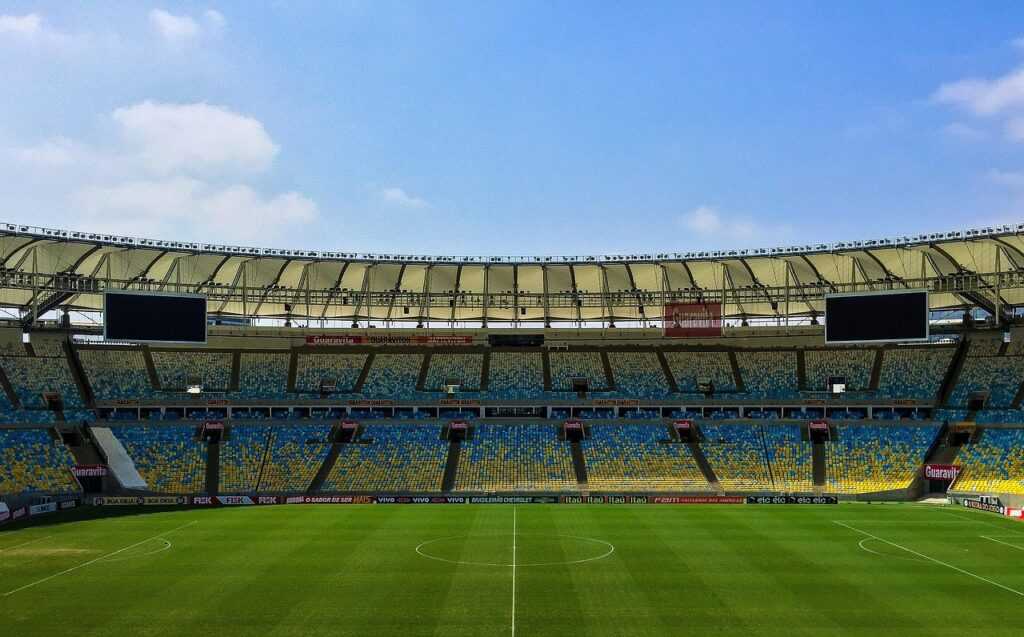
Source: Canva editor
More than two millennia of history belong to the Olympic Games. Born in ancient Greece as a festival of athletics and togetherness, the Games honoured human potential and fair play. Today, that legacy lives not just through the event but also in its impact on other cultural expressions, like video games. Designers and developers often get inspiration from the Olympic ethos, using its abundant history to inform game mechanics, storytelling, and engagement with players.
Structured Competition in Unexpected Genres
Interestingly, even genres far removed from sports simulation find creative ways to incorporate elements of Olympic history. A recent example is Fishin Frenzy, a popular arcade-style game where players compete against each other in fast-paced underwater challenges. Though at first glance unrelated to Olympic events, the game borrows heavily from the principles of structured competition, rewarding precision, timing, and skill, much like the ancient contests once held in Olympia.
The Subtle Influence of Sports Simulations
The Olympics do influence video game design, albeit indirectly through sports simulations. Games like Tokyo 2020 – The Official Video Game achieve realism in meticulously recreating athletic events and stadium environments. Developers study archival footage and even employ the services of sports historians to ensure accuracy in everything from an athlete’s sprinting form to the visual layout of present-day Olympic venues.
In this, these games keep the old feeling of the Olympics, changing the excitement and victory of true competition into a playable story. People who play do not just move characters taking part in the 100-meter run or high jump; they also find out about the growth of these sports over time.
Mechanics Based on Timeless Challenges
More than pictures and stories, the actual workings of lots of today’s games are linked to Olympic values. Main gameplay patterns based on control, practice, and gradual skill development reflect the training schedules of athletes. Whether it is completing a gymnastics routine in a video sports game or improving combat techniques in an action-adventure game, players take part in rounds of getting better, which shows the athlete’s path to being great.
Even casual and indie games often use this design. Leaderboards, time trials, and achievement systems all push players to compete against personal bests or global peers — a modern version of the age-old pursuit of Olympic glory.
The Wider Cultural Impact
The Olympic Games grow storytelling and world-building in unexpected ways! Many fantasy and sci-fi games got their tournaments or ceremonial games from the Olympics, with all their elaborate opening ceremonies and international competitors. These narrative devices bring back the ideals of unity, peace– cross-cultural celebration– that have been associated with the Games for so long.
Titles that may seem pretty distant from sports still take on these themes. A multiplayer game involving a worldwide contest between groups or countries often takes from Olympic symbols to create a feeling of seriousness and common interest. Even fishin frenzy, in its cheerful manner, builds community via leaderboards and seasonal contests, gently referring to the Olympic idea of amicable competition.
Future Directions in Game Design
As technology continues to advance, the different ways in which the Olympic Games influence video game design will also grow. VR and AR platforms offer new opportunities for an immersive experience of the Olympics. For example, a VR marathon through all these historic Olympic sites or a javelin competition that players can run in their backyard using AR with friends from all around the world.
Artificial intelligence will also make the games better, more realistic, and deeper in all aspects, inspired by the Olympics. Dynamic commentary, adaptive difficulty, and realistic crowd behaviour will enhance the feeling of live competition for players. Merging tradition with innovation is a promise to keep the Olympic spirit ever-running in gaming through the ages.
In retrospect
From ancient arenas to digital landscapes, the Olympic Games inspire the human imagination. Their core values—excellence, respect, friendship—speak to modern video game design from gameplay mechanics to narrative arcs. Whether in faithful sports simulations or odd adaptations like Fishin’ Frenzy, the spirit of the Olympics lives on in the virtual worlds we explore today.


